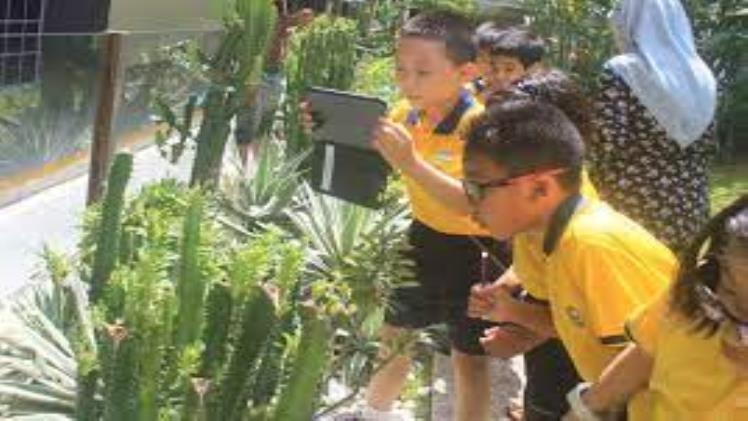Fostering Curiosity and Inquiry in Kids Through Science Experiments and Projects

Curiosity is the inborn desire of children to discover and understand their environment. It can be an incredibly motivating factor, making it essential for effective science teaching. To encourage curiosity in students, educators should provide hands-on activities that are meaningful for the student while offering relevant and accessible materials.
Science is founded upon the idea that knowledge about our world can only be gained through objective observations and systematic experimentation. There are various branches of science, such as physical sciences (physics, chemistry and Earth sciences), biological sciences (biology and medicine) and social sciences.
Scientific experiments come in many forms and styles. From true experiments that seek to answer a particular question to observational studies and surveys, there is something for everyone when it comes to conducting scientific investigations.
Hoisington emphasizes the importance of taking time to listen and comprehend what students are asking for when it comes to cultivating curiosity. Doing this helps educators determine the most engaging, age-appropriate learning activities.
For instance, if a child inquires why a certain flower blooms, the teacher might suggest that it’s because there is something special about that particular bloom such as its scent or color. This knowledge can then be utilized to further promote further learning about flowering plants and other kinds of blooms.
One way to encourage a child’s curiosity is by providing them with opportunities to explore the world outside of school. Whether it’s an exciting field trip or family camping trip, giving your little ones a chance to see new sights can pique their interest in discovering about nature and other living organisms.
Make the experience meaningful by selecting a theme or topic that is pertinent to your child’s life. For instance, if she is passionate about animals, consider setting up an illumination station and discovery board in preparation for her trip to the zoo.
In this way, the project becomes more than a simple activity; it’s an opportunity for your daughter to gain insight into animal behavior, habitats and natural cycles. Furthermore, it will enable her to apply concepts she’s studying in school to real-life scenarios, giving her increased confidence in exploring and discovering.
To get your child started on their science project, have them create a list of topics they are passionate about. Then let them choose one to work on as part of their science exploration.
Have them conduct some research on the topic using Google and other resources, then have them create their science project. Finally, ask them to present their work to both you and their classmates.
Finally, this will equip your child with the science skills and attributes essential for successful education. These include communication, collaboration, perseverance as well as analytical, reasoning and problem-solving abilities.
Furthermore, a successful science project will give your child the assurance and self-esteem to explore the world at home with you, providing her with a strong sense of identity. Plus, it can be an enjoyable activity to do together as a family.